Shona Brown studied at Carleton University in Canada before going to Oxford to read for a master’s in economics and philosophy. She then moved to do her PhD at Stanford in industrial engineering and engineering management and afterwards completed postdoctoral work in management studies. Brown worked for McKinsey & Company before joining the executive team of Google in 2003 to lead business operations. In early 2013, she stepped down to become an advisor to Google and to other companies. Brown is currently a board member for a portfolio of technology companies, foundations, and non-profit organisations. She is also the author of Competing on the Edge: Strategy as Structured Chaos. This narrative is excerpted from an interview with the Rhodes Trust on Sept 30th, 2024.
Shona Brown
Ontario & New College 1987
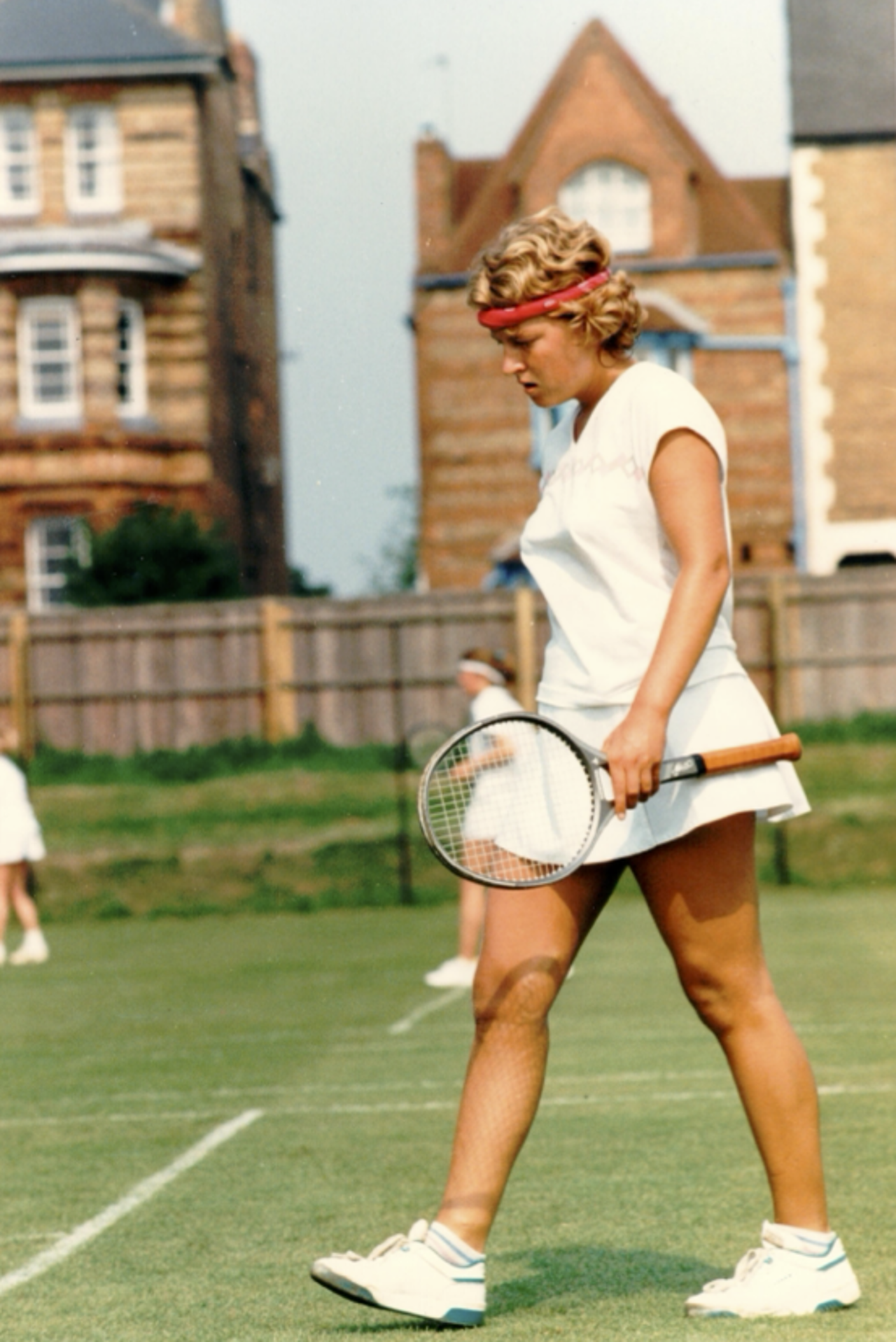
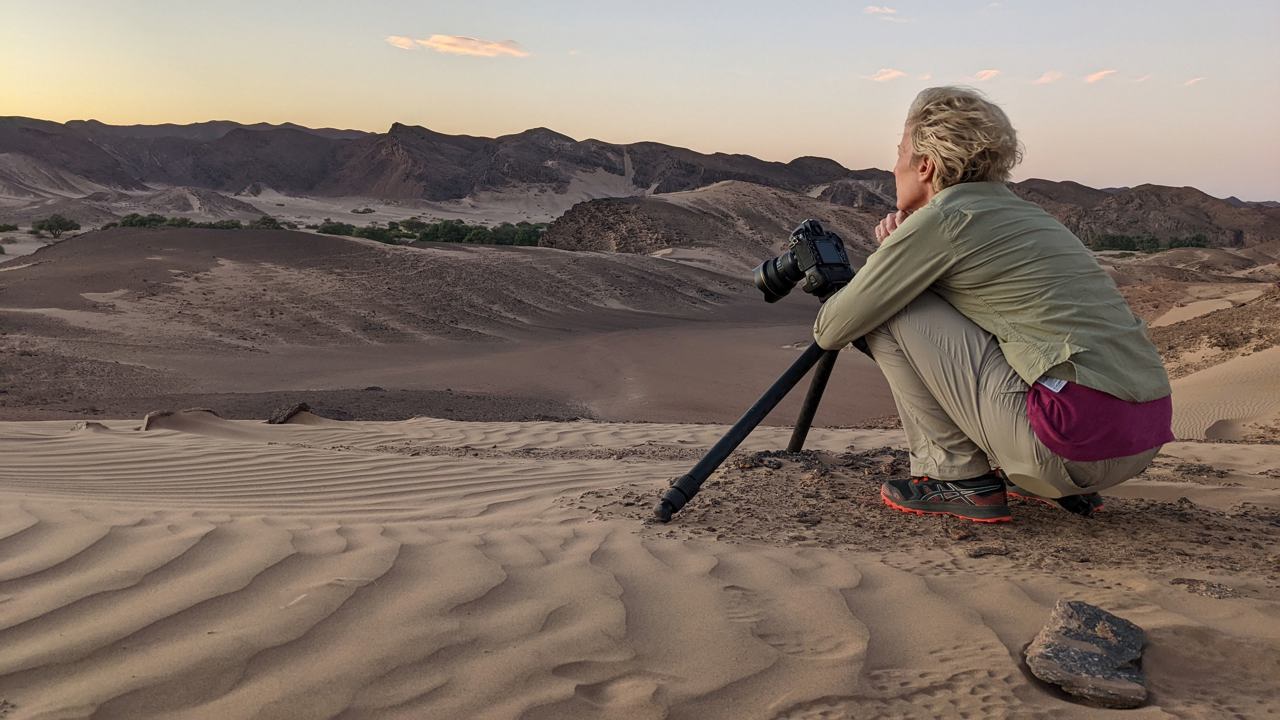
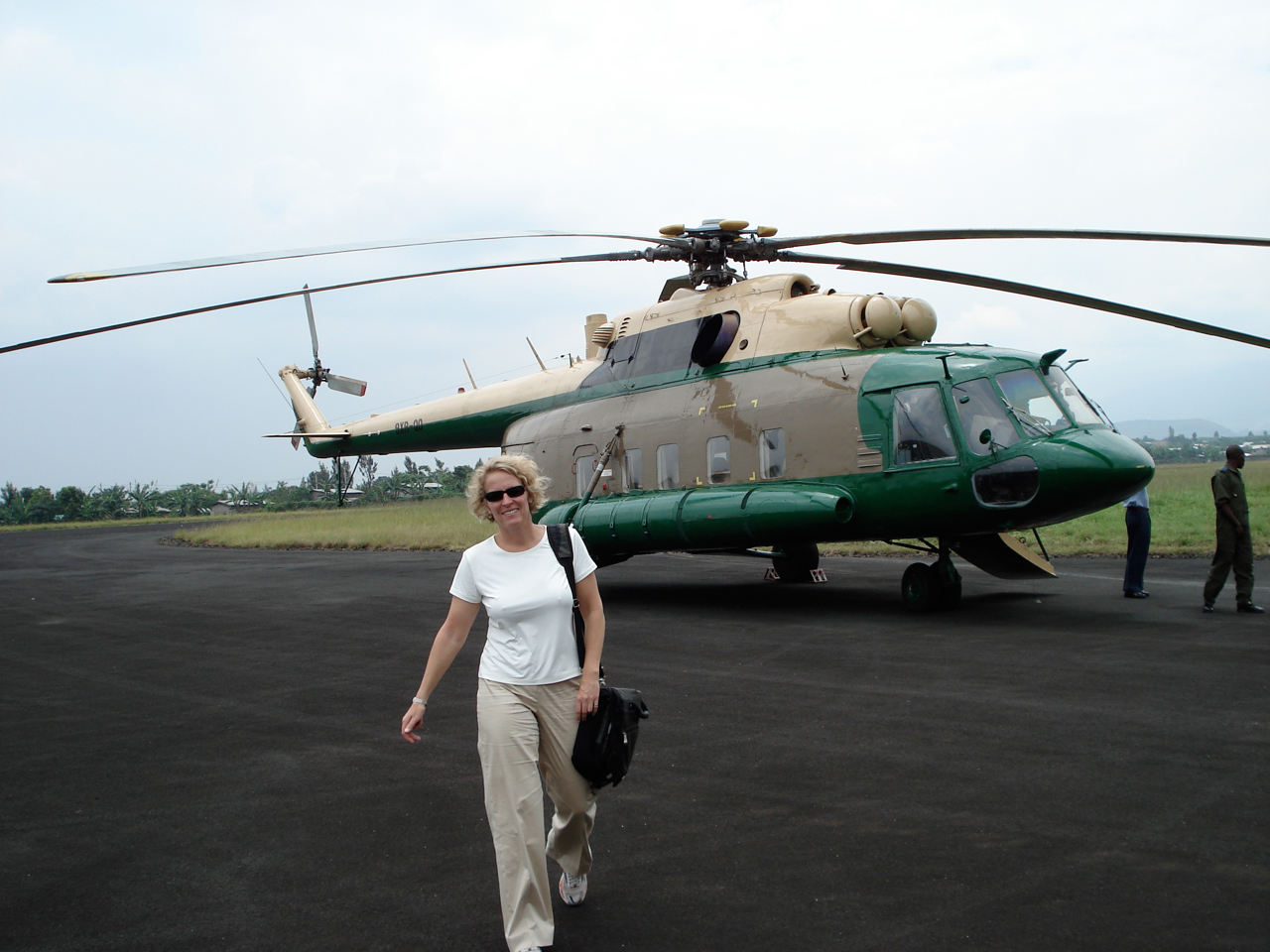
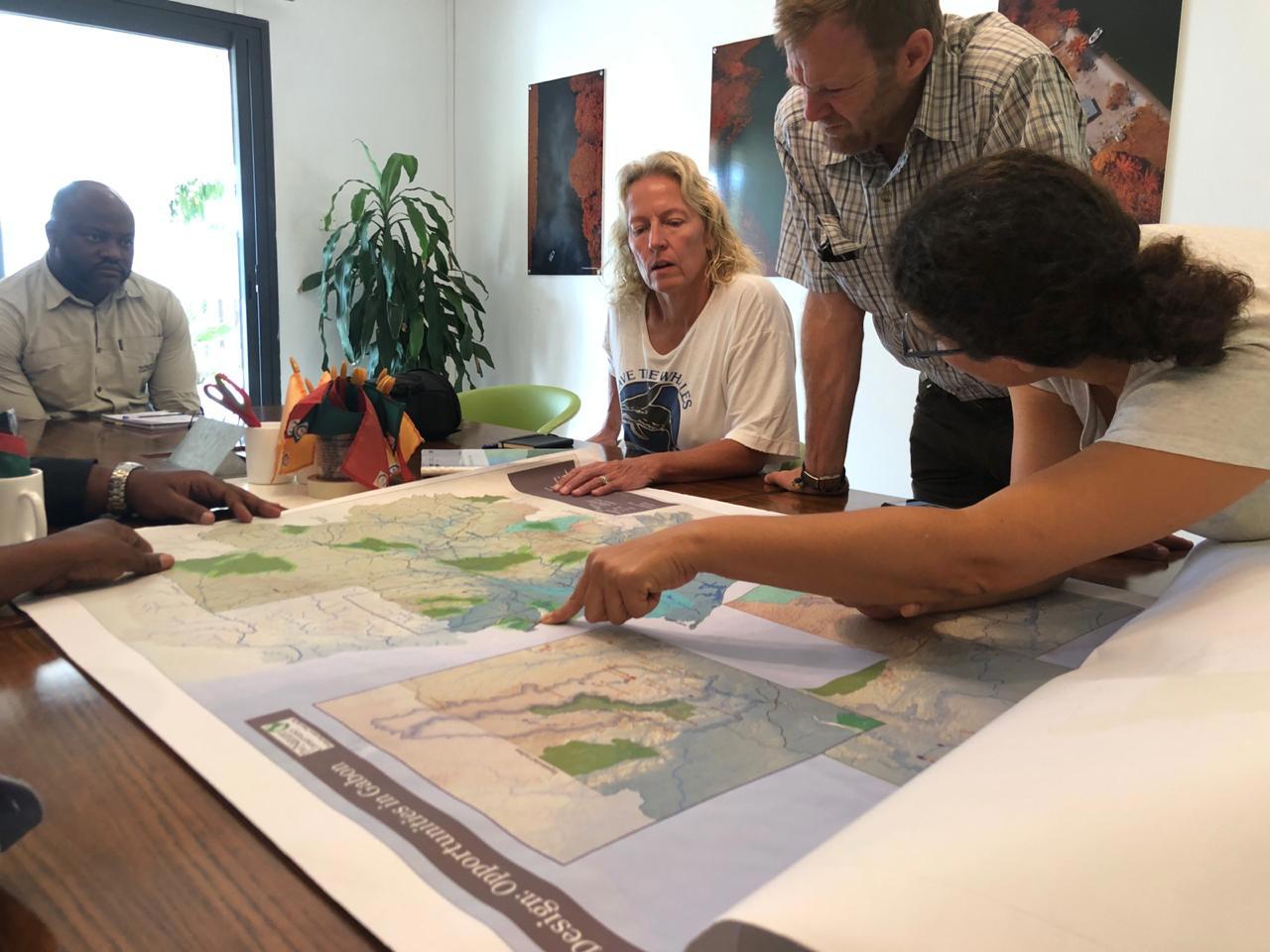

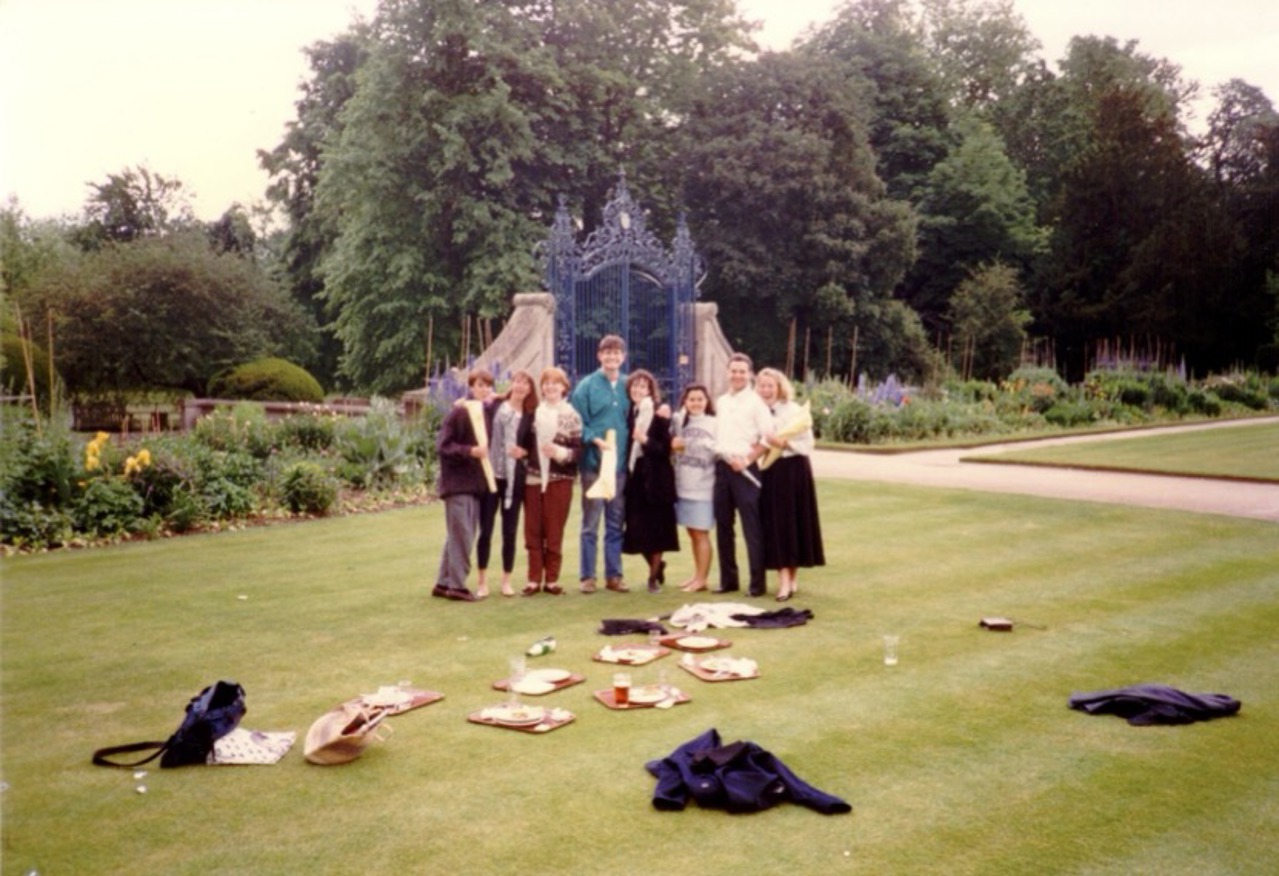
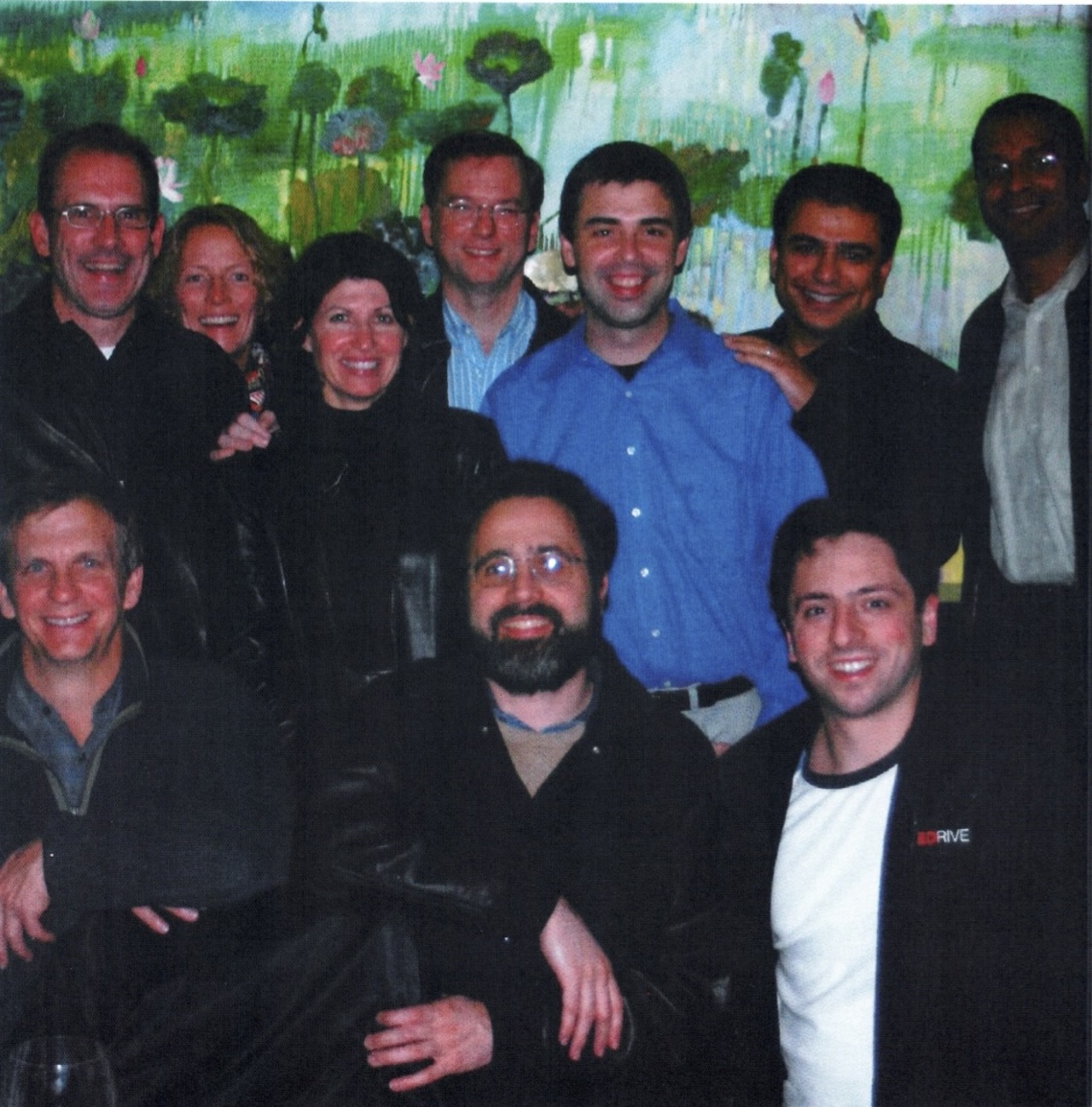
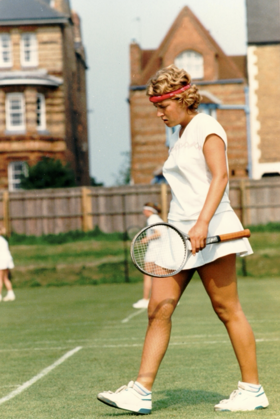


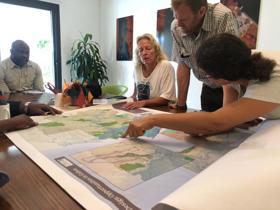

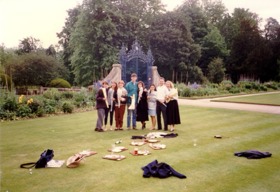
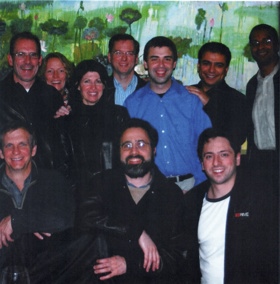
‘Every little bit makes a difference in terms of the impact you have on people’
I would say that my motivation early on was just very much about gung-ho energy to make a difference, but I’m not sure it was very focused. It wasn’t just about the workplace either. It might be that I had an interaction with a cashier and it looked like they were having a bad day, so I would make sure to smile and say ‘Thank you,’ because every little bit makes a difference in terms of the impact you have on people you touch every day.
‘I was always interested in society’s biggest challenges’
I find that there are a lot of people who are just not that interested in the social sector and the problems of society in any significant way, but I would like to believe that the Rhodes Scholarship selectors, when we were all the way back in those early stages of our careers, were able to spot something that suggested, ‘Oh, this is someone who at some point wants to fight the world’s fight.’ Myself, I was always interested in society’s biggest challenges and in particular how technology might help solve some of those challenges.
I spent six years after Oxford in graduate school doing my PhD and postdoctoral work. I was not rushing! I really exhausted my intellectual curiosity for intellectual curiosity’s sake. And that is something I would really advise others to consider, although I suspect it’s advice that few would follow nowadays. Of course, I was lucky to be able to apply for and to get fellowships and scholarships to support me all the way through, which made all the difference. I think those years helped form who I am. I had an opportunity to do a lot of travel and a lot of learning, and I don’t think I was a non-useful person in society just because I wasn’t on a professional track.
‘It was a big change’
By the time I started at McKinsey, I was actually pretty worried I wouldn’t do well with a boss, because I just wasn’t used to it. It was a big change, to become part of a much more hierarchical environment, and that was definitely a struggle for me. I actually almost didn’t last at McKinsey, because I didn’t think much of my first junior boss in the field. After about four months, I went to see a more senior partner who had been involved in recruiting me and I said, ‘I think I’m not a fit. I think I should leave.’ And I got a little lecture about how I would likely struggle in more junior roles, but would also likely make a terrific partner if I stuck with it.
I reacted to that by setting my sights on getting out of being in a junior role as quickly as possible, and I was lucky to get the right opportunities to help me accelerate into at least junior leadership roles relatively quickly, so that I had some more control over the work that I did and who I worked with. But that was a difficult transition for me, as I’m sure it is for many people. To be honest, it was also a difficult transition to be inside all the time, coming from a lifestyle of being outdoor-oriented. quickly as possible, and I was lucky to get the right opportunities to help me accelerate into at least junior leadership roles relatively quickly, so that I had some more control over the work that I did and who I worked with. But that was a difficult transition for me, as I’m sure it is for many people. To be honest, it was also a difficult transition to be inside all the time, coming from a lifestyle of being outdoor-oriented.
‘The best leaders actually say less than you’d think’
When it comes to the other transitions I’ve made, I would say that, in a way, I’ve forced them on myself in fairly unnatural ways. At McKinsey, you’re constantly having to reapply for the job. So, I applied the same principle the other way round, and every two years, I checked in with myself to see if I still wanted to be there. And after two years of being a partner, I realised, ‘Oh, no, I don’t want to be here anymore.’ I didn’t have anything else planned, and I knew I needed that free time to be able to figure out my next step. I think that I am probably somebody who has to force myself to just cut the chain, because I get quite absorbed in what I’m doing, and it’s sometimes hard to lift yourself up and really look at the horizon.
I was very proud of the decade I spent at Google building out that organisation, and the impact it’s had on the world, and I still am. I really loved running big organisations. In particular, I liked helping other people be better at what they did. But it took me some time to work out my leadership style, and I remember in particular a training session where I really began to learn the power of silence and find my natural observation-oriented style of leadership. I would say, for example, that active listening is one of the most underrated skills, especially in leadership. It’s so easy to be focused on, ‘Okay, so this is what I need to get out of this interaction,’ but that way, you miss so many opportunities. In my view, the best leaders actually say less than you’d think.
‘One way to work on social challenges is by building new and innovative technology’
Although I now do a lot of work with non-profits, I developed and spent my early career very much in the for-profit sector. It’s an uncommon path for Rhodes Scholars, to be honest, but, perhaps somewhat controversially, I do think that for-profit businesses can very much be positive value creation entities. That said, I was always interested in society’s biggest challenges. At Google, I oversaw a bunch of work on our corporate philanthropy, including building out our presence in Sub-Saharan Africa and working on the digital divide, which was very real in the early 2000s. One way to work on social challenges is by building new and innovative technology. There are so many examples, in the medical field, for instance, but in my world, mobile phones is probably one of the most amazing. If you spent time on the continent of Africa before there were mobile phones and then you spent time there afterwards, you can see the difference: it’s visceral.
So, I think it was natural for me, over time, to direct more of my energies to working with organisations focused on the social sector. And I would say that when you have the opportunity to have both your time and your money working for a non-profit, it’s that much more rewarding. It’s perfectly fine to simply support the work of non-profits in whatever way you can, but when you can also spend time helping an organisation and bringing your skills to bear, it’s a lot of fun. Being in an advisory rather than an operating role, as I am now, is different, and it’s important to know the difference, but it turns out, I really enjoy that too. Now, my focus is on helping other leaders maximise their capacity, their opportunity, so that I can help them be the best versions of themselves. I like to think of all these little soldiers all over the place doing work, where a little bit of me is helping them do their work better.
‘Stop stressing and just go do’
Senior leaders can be inspiring, but for me, it’s the younger generation and their focus on what they want to do for their communities or for the planet that is super inspiring. I am of the school of being very excited that my generation is going to be superseded!
I have no doubt that every single Rhodes Scholar in Residence is faced with a plethora of good options. It’s natural to stress out over which one to choose, but my advice is, just start, you know? Just do one of them. The order is not that important. Amongst a hundred choices, of course there are a couple of really bad ones, but in the grand scheme of things, it doesn’t matter whether you work for a few more years and then do some more school, or the other way around, or you travel the world or go work for that non-profit. So, stop stressing, and just go do.
I talk to so many young people who feel they have a responsibility to be dutifully marching towards their purpose, but I think there is no need to be in such a rush. I’ve been counselled over the years by others to slow down and smell the roses. I don’t think I’ve always followed that advice as well as I could have, especially in the middle of my career, but whenever I have managed to take the time to absorb more, I’ve felt better.
